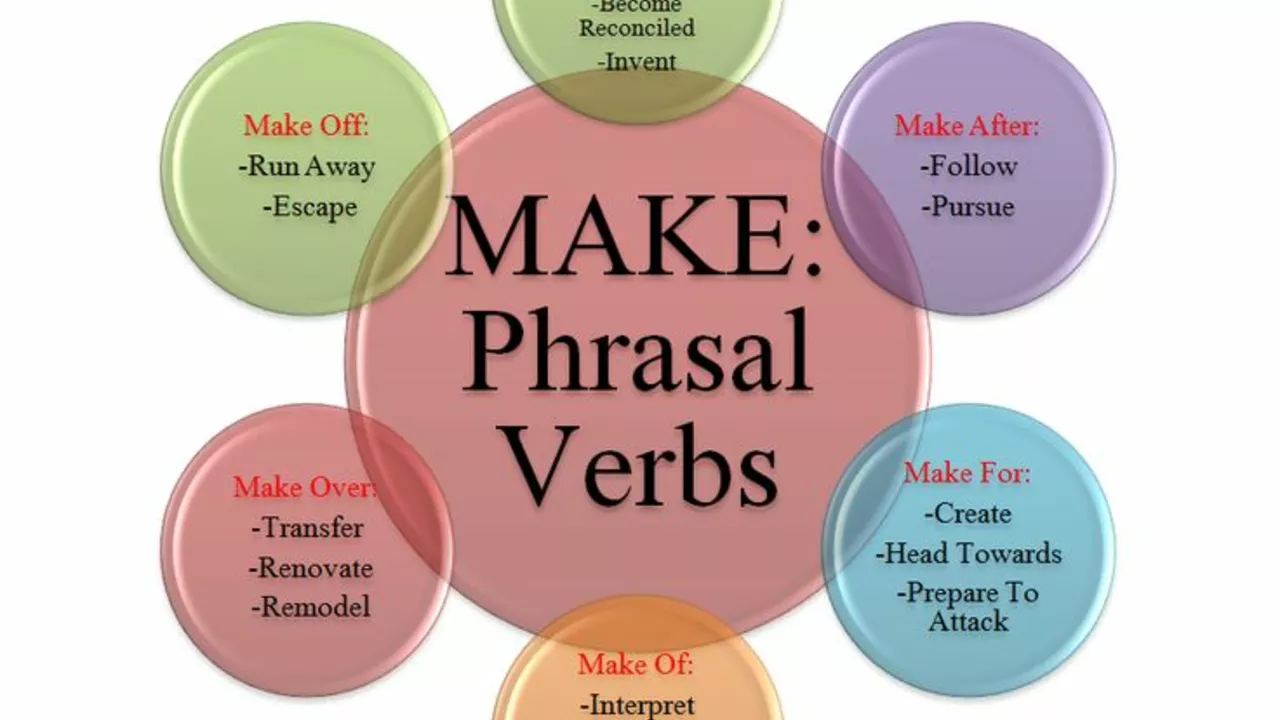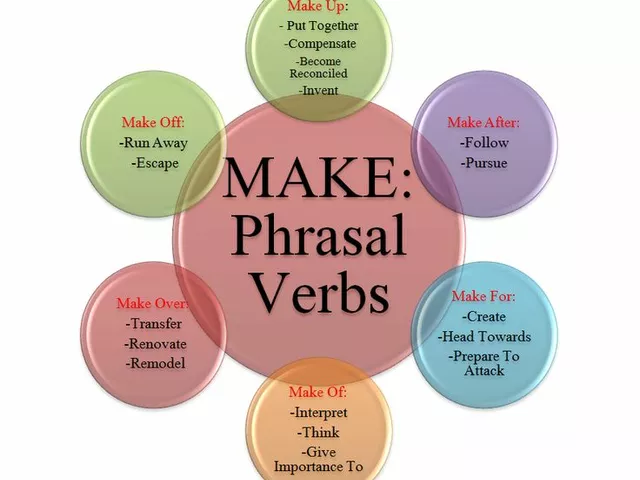Understanding the Phrase
Before we delve into the origins of the phrase 'Let's blow this popsicle stand,' we first need to understand what it means. The phrase is often used in informal and colloquial conversations, particularly in North America. It's a fun and quirky way of saying "Let's leave this uninteresting place and go somewhere else." The phrase conveys a sense of boredom or dissatisfaction with the current setting and a desire to move on to something more exciting.
While the phrase is quite common, many people are unaware of its origins, which brings us to the crux of our discussion today. So, where does the phrase 'Let's blow this popsicle stand' come from? Let's jump right in and find out!
The American Influence
The phrase 'Let's blow this popsicle stand' is deeply rooted in American culture. It's one of those idioms that are unique to the American lexicon, much like 'the whole nine yards' or 'barking up the wrong tree.' The phrase is often used in movies, books, and daily conversations, demonstrating its ubiquity in American English. It is believed to have originated in the 1950s, a time when American slang was evolving and becoming more playful and inventive.
The term 'popsicle stand' likely refers to a small, unimportant place or business. It probably comes from the image of a makeshift stand selling popsicles - something small, temporary, and insignificant. The phrase as a whole conveys a sense of eagerness to leave a dull or insignificant place.
The Popsicle Brand
Interestingly, the term 'popsicle' is actually a brand name that has become a generic term for a frozen treat on a stick. The Popsicle brand was created in the early 20th century by an 11-year-old boy named Frank Epperson. Epperson accidentally left a mixture of powdered soda and water with a stirring stick in it outside overnight. The next morning, he found it frozen solid, and the Popsicle was born.
The popularity of the Popsicle brand likely contributed to the phrase 'Let's blow this popsicle stand.' Just as Kleenex has become a generic term for tissue or Band-Aid for adhesive bandages, Popsicle has become synonymous with any ice pop, further embedding the phrase in the American vernacular.
Usage in Popular Culture
'Let's blow this popsicle stand' has been frequently used in popular culture, particularly in American movies and TV shows. For instance, it made an appearance in the 1986 film "Stand By Me," which helped popularize the phrase among younger generations.
Over time, the phrase has been slightly modified or paraphrased in various contexts, but the essence remains the same - a desire to leave a boring or unimportant place. It is a testament to the dynamism and creativity of language, particularly American English, and its ability to create colorful and memorable phrases.
The Evolution of the Phrase
The phrase 'Let's blow this popsicle stand' has evolved over time. While the original meaning remains largely intact, the phrase has taken on a more general sense of departure or moving on. Today, it can be used to indicate leaving any situation, not just a physical location. For example, someone might say 'Let's blow this popsicle stand' when leaving a dull meeting or ending an unproductive conversation.
The evolution of the phrase reflects the fluidity and adaptability of language. As society changes and evolves, so does our language, adapting to new contexts and meanings. It's one of the reasons why language is such a fascinating subject to study and explore.
Conclusion
In conclusion, the phrase 'Let's blow this popsicle stand' is a perfect example of the inventiveness and colorfulness of American English. Its origins lie in the cultural and linguistic developments of the 1950s, and it has since become a staple of American vernacular, used in movies, books, and everyday conversations.
While the phrase might seem simple and straightforward, its origins and evolution provide a fascinating glimpse into the dynamics of language and culture. So the next time you decide to 'blow a popsicle stand,' remember the rich history and cultural significance behind this quirky phrase!




Write a comment